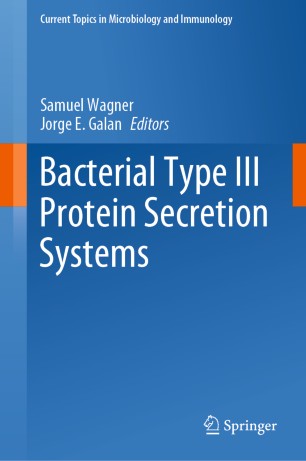

Most ebook files are in PDF format, so you can easily read them using various software such as Foxit Reader or directly on the Google Chrome browser.
Some ebook files are released by publishers in other formats such as .awz, .mobi, .epub, .fb2, etc. You may need to install specific software to read these formats on mobile/PC, such as Calibre.
Please read the tutorial at this link: https://ebookbell.com/faq
We offer FREE conversion to the popular formats you request; however, this may take some time. Therefore, right after payment, please email us, and we will try to provide the service as quickly as possible.
For some exceptional file formats or broken links (if any), please refrain from opening any disputes. Instead, email us first, and we will try to assist within a maximum of 6 hours.
EbookBell Team

4.0
46 reviewsOne of the most exciting developments in the field of bacterial pathogenesis in recent years is the discovery that many pathogens utilize complex nanomachines to deliver bacterially encoded effector proteins into eukaryotic and prokaryotic target cells to modulate a variety of cellular functions for the pathogen’s benefit. These protein-delivery machines include the type III secretion system (T3SS), which is widespread in nature and encoded not only by bacteria pathogenic to vertebrates or plants, but also by bacteria that are symbiotic to plants or insects. Because they are essential virulence factors for many important human pathogens, these systems are emerging as a prime target for the development of new-generation, anti-infective drugs.
This book reviews our current understanding of these intriguing injection machines as well as of the closely related T3SS that serves in flagella assembly.
Individual chapters focus on regulation, assembly, structure, and function of the type III secretion machine and on the evolution of the secreted effector proteins. Given its scope, this book will appeal to a broad readership, including researchers and teachers in the fields of infectious diseases, host pathogen interactions, plant and animal pathogenesis, and symbiosis.